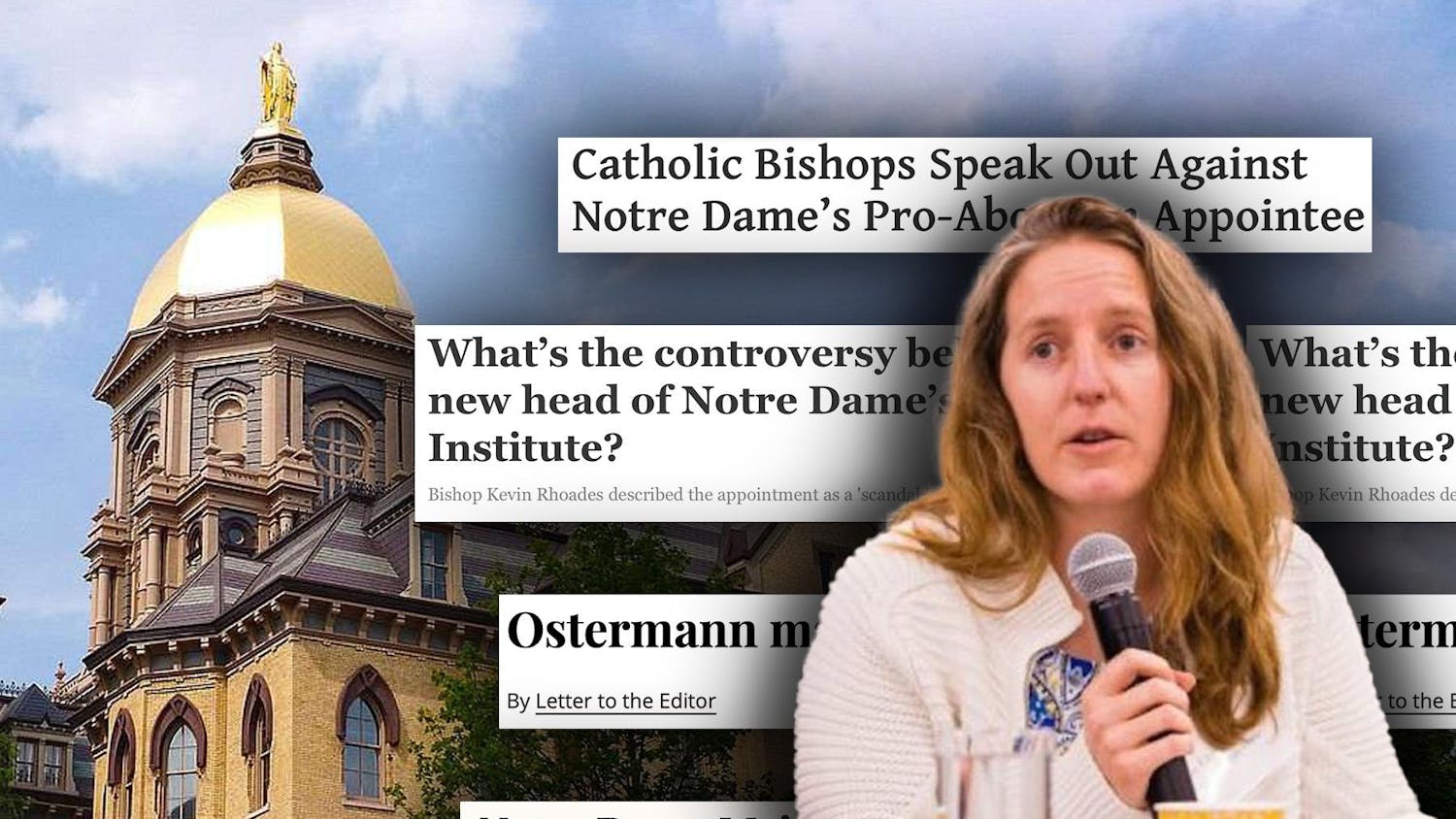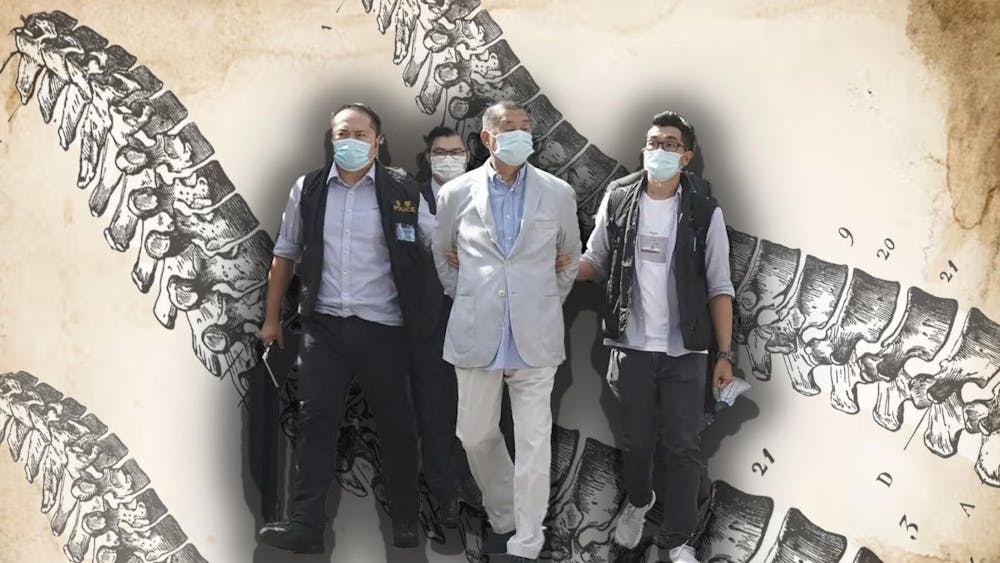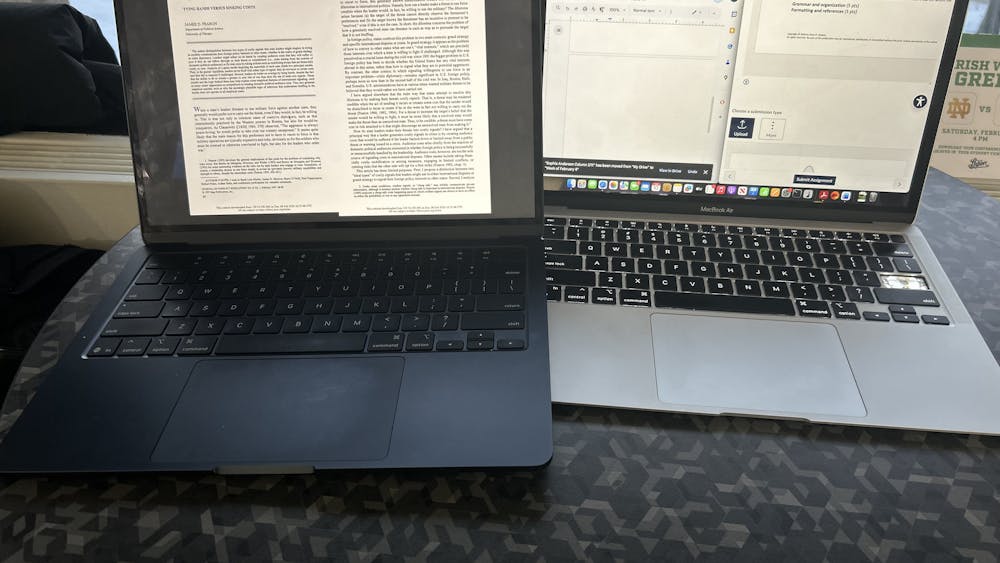When it comes to foreign policy, President Obama is charting some new roads since his party took a thrashing in November of last year. In the past few months, there has been a surge in alarmism and hand-wringing among conservatives regarding recent foreign policy moves he has made. If this panic were appropriate, it would seem our great nation has taken a nosedive and will soon be plummeting to its blazing, explosive demise.
Taking a closer look at the issues brought up by conservatives, I believe that a more nuanced approach is warranted.
Following the State of the Union address last week, a barrage of criticism was hurled at the President from conservative circles about his decision not to use the terms “Al Qaeda” or “Islamic extremism.” According to every Fox News pundit who could find a microphone or camera, it’s the first time that the name “Al Qaeda” has been omitted from the address since 2001. This is concerning considering the role the group has played in the recent turmoil in Yemen. Evidently, Al Qaeda is still relevant in that they are capable of toppling a U.S. ally in the Middle East. It would be wise to continue informing the American public about the threat that Al Qaeda poses.
I was troubled to hear the President declare that American air strikes have stopped the advance of ISIS. This, undoubtedly, is no success. Carefully crafted phrases like that conceal darker truths, such as the fact that ISIS remains in control of huge swaths of territory, key transport routes, massive oil reserves and thousands of innocent people.
Most concerning to me during the State of the Union was the President’s narrow issue selection. Certainly, I appreciate a spirit of optimism about our economic growth and stability in recent years, but I also reject false optimism utilized for advancing a domestic political legacy. Many Americans still remain out of work, especially those who left the workforce and are uncounted from the traditional unemployment statistic, and many also don’t feel safe in the world of Charlie Hebdo.
When it comes to the terms “Islamic extremism” or “ISIS,” I’m open to the concept of denying extremists the claim to the authority of Islam, one of the world’s great religions. If moderate Muslim imams condemn extremist violence and the West denies these groups the satisfaction of knowing Americans associate Islam with such barbaric acts, that certainly would be a success.
The President is needed to serve as a proactive, visionary leader in enacting a strategy to, alongside our allies, defeat ISIS. When a terrorist group is mastering slick, modern recruiting techniques that prey upon vulnerable Westerners by convincing them to fight against fellow Westerners, our country requires strong leadership to send a clarion message for freedom and peace.
Republicans are also calling for stronger sanctions to “crack down” on the Iranians’ refusal to come to an accord on nuclear program. The suspected connections between Iran and terrorist groups across the Middle East are raising more immediate concerns, as well. However, the international system is, by its nature, anarchic. There is little that the United States can do to force Iran’s hand short of an invasion or direct action, because it seems highly unlikely that the Supreme Leader of Iran will relent even under the crushing pressure of sanctions.
Regarding Cuba, the jeers take a whole new form. Rather than decry the President for taking little action (as in Ukraine) or being too willing to help (Ebola in West Africa), now the President is simultaneously said to be encouraging brutal repression while angling to close the Guantanamo Bay detention camp. Rather, Obama has decided to partially normalize relations with Cuba because we clearly have had little impact in undermining the Castro stronghold for the past 50 years.
I would argue that isolating dictatorial regimes bolsters their stability by reducing outside contacts that might inspire hope for freedom. Imagine how the Cubans feel knowing that some of the freest individuals in Cuba live on Guantanamo Bay Naval Base, where they were effectively granted asylum by President Kennedy during the Cuban Revolution.
In Iran, for example, demographics are on our side because the younger generations, partly as a result of the soft power in Western movies and other media, desire basic freedoms from a moderate government. In China, the human rights record has improved drastically with greater trade with the West. Perhaps greater interaction with Cuba can produce similar changes with time.
During his address, the President declared, “Tonight, we turn the page.” President Obama believes that we are turning the page on the Sept. 11 attacks, the 2008 financial crisis and two wars in the Middle East. As discussed, though, the world is not as secure as was implied during the President’s address. Foreign policy threats loom large and require a strategy forged by a strong leader that can form global partnerships for peace and security. With that said, many good steps are being made with the aid of the President’s national security team and the world’s best military. And we shouldn’t neglect to applaud that.
Is Obama giving away the store?
The views expressed in this column are those of the author and not necessarily those of The Observer.









